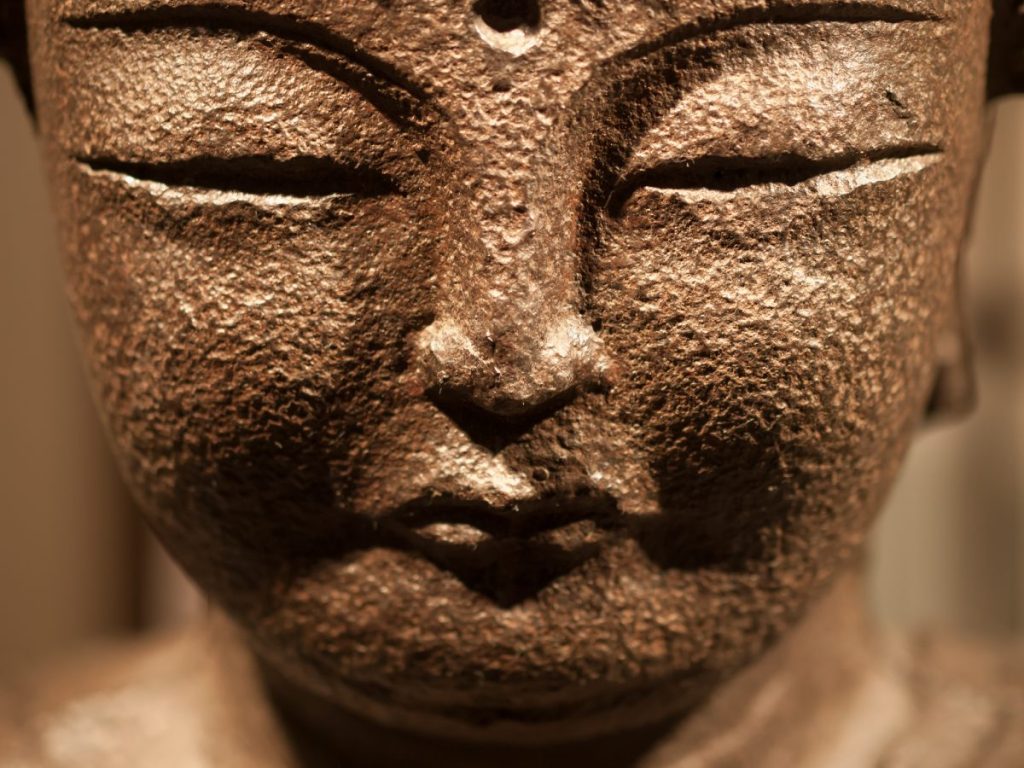Two years ago, at the age of 26, after years of floundering in the depths of a debilitating depression and trapped in an endless cycle of isolation, envy, and desire, I decided to seek inner freedom and happiness by treading the Buddhist path.
I have Asperger syndrome—a developmental disorder at the mild end of the autism spectrum. I certainly have a personality that many would consider unique, yet Buddhism provides even me with a path and gives me the courage to lead a compassionate life.
My Asperger’s has long been something I consider to be both a blessing and a curse. I was gifted in languages and humanities at school, but would obsess over my assignments and spend far too long on one paper to the detriment of another. Fixation and the lack of moderation became problems that would blight many aspects of my life. When I somehow made it to college, I remained very much a loner. I yearned for friendships but felt unable to initiate any. Social events caused me great anxiety and threatened to expose my awkward disposition, tendency to be didactic, lack of concentration during moments of idle chatter, and inability to cope with the sensory overload brought on by a room full of people. Usual social venues like pubs and bars terrified me: the thumping bass and blaring synths of the background music, the clinking beer bottles, the beads of sweat on people’s foreheads. Overstimulation was sure to tip me over the edge and induce panic attacks. It was all too much.
After several unbelievably tough years of receiving psychiatric help, I eventually became disillusioned with Western methods. Drugs such as Citalopram did little for me other than to take the edge off, while cognitive behavioral therapy proved about as useful as a chocolate fireguard. At my lowest ebb, I looked to the East for a solution to my suffering and found Buddhism. Indeed, it allowed me to apply my obsessive-compulsive disorder and autistic traits to concentration and the cultivation of positive mind-states instead of the negative ones that were threatening to destroy me.
The story of Sujata, a simple milkmaid who offered the starving ascetic Siddhartha Gautama a bowl of rice, resonated with me. This simple act of compassion by a woman who demanded nothing in return, either from him or from the gods she was supposed to worship at the time, touched the young Buddha-to-be. It led him to enter upon The Middle Way, eschewing both sensory indulgence and self-mortification. Such a simple philosophy for living made sense and I vowed to put my belief in compassion done purely out of love and without giving a thought to religious or social conventions. Indeed, altruistic behavior is one of the best remedies to self-inflicted ills. It leads to a humbler, calmer self, and one more able to connect with what is truly important. I had rarely been an altruist. Asperger’s had made me prone to routine bouts of self-absorption. It was about time I changed, or at least attempted to.
The naivety of the ego can be especially pronounced in people with Asperger’s. Autism itself stems from the Greek “autos,” meaning “self”; our sense of self is more fixed than the average human being’s. That doesn’t mean we necessarily want to stand out, though we often do because of our exaggerated sense of separateness. We are noticeably awkward because of our failure to at times show empathy (not that we don’t feel it), and to be physically and emotionally intimate with others.
My first act of altruism started with my grandmother. I bought my dear nana a hand-hoover so she could vacuum up the dust on her stairs. I also cleaned her house from top-to-toe (it desperately needed it), made her the classic English staple “bubble and squeak” [a dish made from leftover vegetables] most nights, and bought her black custard tarts every day from the Portuguese cafe down our road. Looking after my grandmother broke my self-absorption and allowed me to stop feeding the negative thoughts inside of me. This altruistic component of our mental health, I have come to realize, is something modern Western psychology fails to emphasize, but is fundamental to optimal well-being.
Another part of my practice is meditating on compassion for my dear brother, Jack, who is non-verbal autistic and severely disabled. His angelic face is one of pure innocence, free from the worry and neuroses that has plagued me as a high-functioning “Aspie.” In many ways, I aspire to be more like him—gentler and simpler—through my practice of Buddhism.
Autism is often a heavy burden. It’s a barrier to life that keeps us from being instinctive, free, and spontaneous. People with Asperger’s have to go on a much more tortuous and far less accommodating road than most before they can discover their place with others along the path. But with much persistence, I believe I can achieve the liberation so many of us seek. I feel in my bones that I am finally on the right path.
Thank you for subscribing to Tricycle! As a nonprofit, we depend on readers like you to keep Buddhist teachings and practices widely available.
